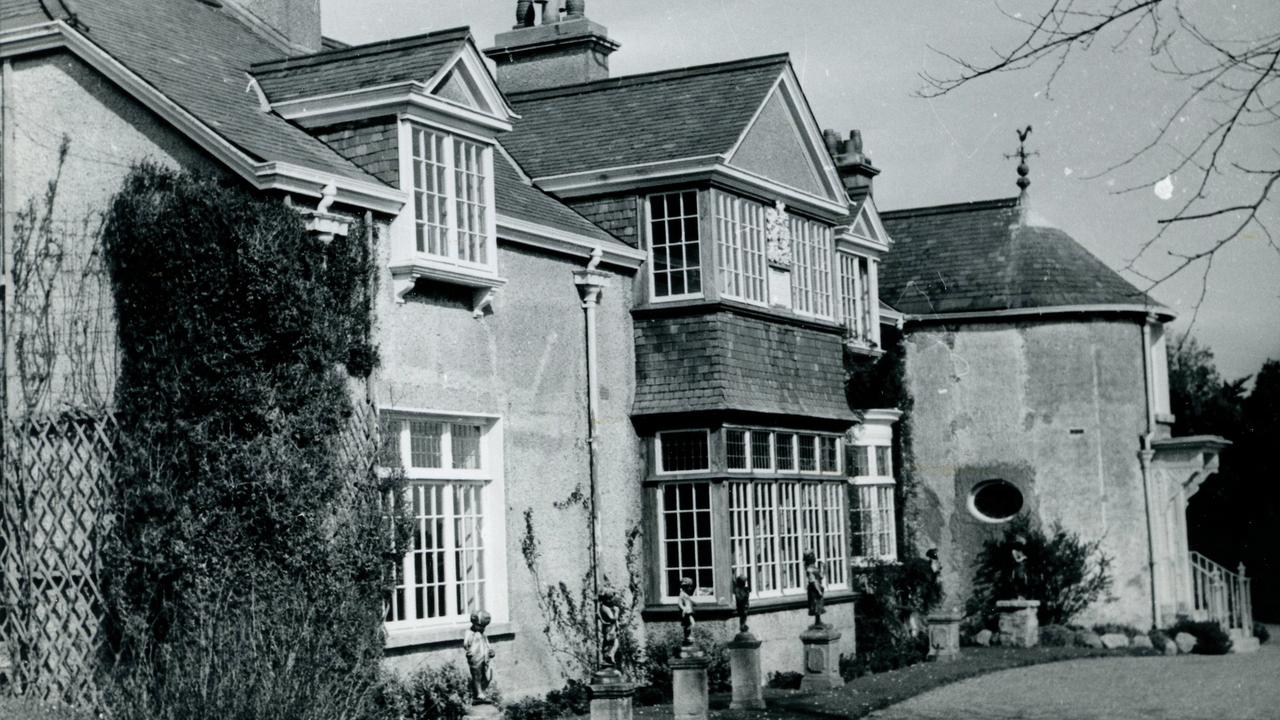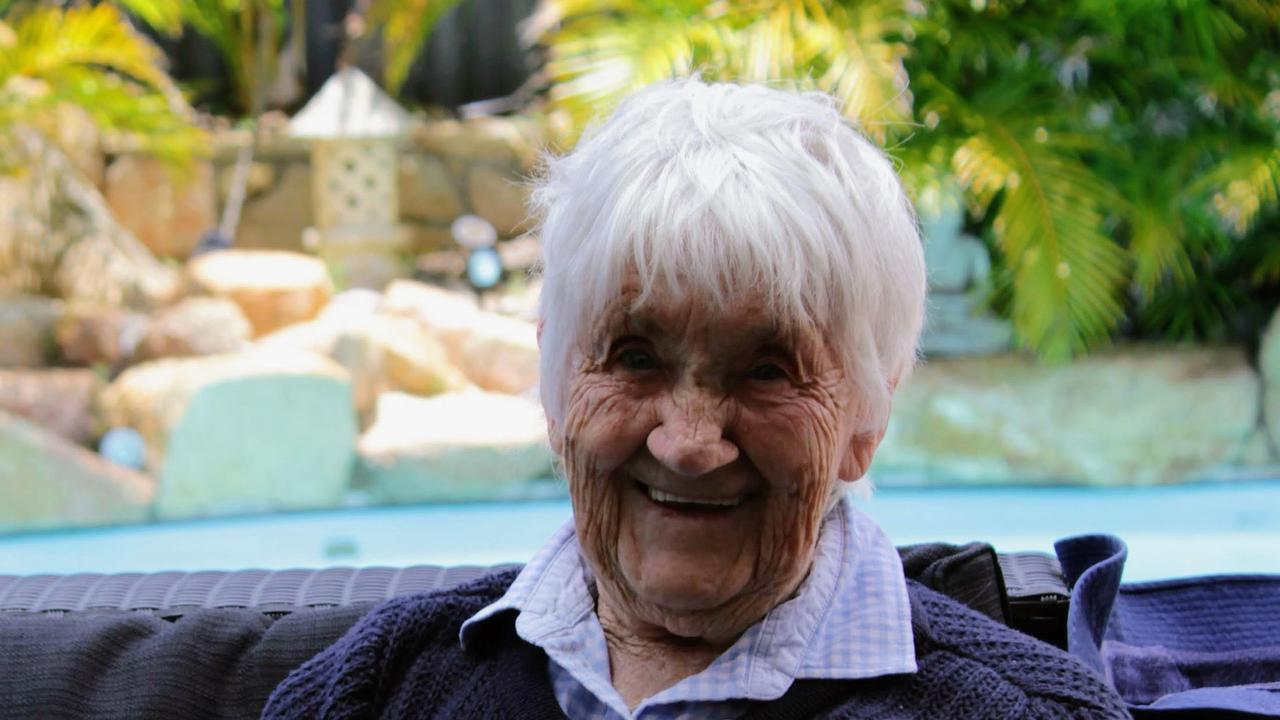Auden's acute anxiety over utopian politics
IT speaks volumes about the peculiar complexity of W. H. Auden's genius that his longest and most ambitious poem should be his least read.

IT speaks volumes about the peculiar complexity of W. H. Auden's genius that his longest and most ambitious poem should be his least read.
But The Age of Anxiety, a "baroque eclogue" in six parts written in New York during 1947, has tended to defeat even the most ardent Auden fans. It is written in the alliterative verse line of Old English poetry, yet its subject is nothing less than the spirit of a culture emerging from World War II and the Holocaust, into the nuclear age.
In no other Auden work has his language -- that "most personal . . . most intimate of dialogues", as he elsewhere describes poetic speech -- appeared more opaque, his meanings lost within the poem's dazzling interplay of ideas, figuras and structures. It is perhaps the fullest realisation we have of Auden's inimitable method, described by friend and fellow poet Louis MacNeice as a combination of "pure images, pure cerebration, pure pattern . . . scrap-albums of ornament torn eclectically from history".
Princeton University Press's new critical, annotated edition of The Age of Anxiety seeks to repair and renew contemporary readers' relationship with the poem. That it should triumphantly succeed in this task, however, has less to do with unravelling the poem's intricacies than with clearly showing how its many knots are tied. In an expansive preface and through rigorous textual notes, editor and Auden scholar Alan Jacobs outlines the circumstances of the poem's composition, traces the relations between psychology and religious belief as they play out in the text, and firmly situates the work in its historical moment.
The poem that emerges from this commentary is no less mysterious for the explication, but it is less forbidding. To learn, for example, that the four characters who meet by chance one evening in a Manhattan dive bar, whose boozy exchanges are the stuff from which the poem is woven, are in fact personifications of Jungian archetypes -- Intuition, Sensation, Feeling and Thought -- is to be freed from the obligation to place them. Now that we know their nature, we can concentrate on their words.
And the same holds true for other aspects of the work.
Once you note the jumble of Jewish mysticism, Anglican doctrine and modern analysis that makes up the poem's ragtag theology, and once you grasp the mix of classical and Shakespearian allusions that hyperlinks the mid-century setting with the long history of English poetry, the massed erudition recedes into the middle distance. What remains is some of the strongest and best verse Auden produced.
A single passage from Part Four, "The Dirge", can do dual service as evidence of the poet's facility and a statement of his larger thesis:
In the high heavens,
The ageless places,
Their gods are wringing their great worn hands
For their watchman is away, their world-engine
Creaking and cracking. Conjured no more
By his master music to wed
Their truths to times, the Eternal Objects
Drift about in a daze:
O the lepers are loose in Lombard Street,
The rents are rising in the river basins,
The insects are angry. Who will dust
The cobwebbed kingdoms now?
For our lawgiver lies below his people,
Bigger bones of a better kind,
Unwrapped by their weight, as white limestone
Under green grass,
The grass that fades.
Auden is writing four years in advance of Adorno's famous injunction against poetry after Auschwitz, in the wake of his own time in Germany, where, during work for the US military, he witnessed first hand the physical and moral destruction of its people. Jacobs calls The Age of Anxiety perhaps the first poem in English to register the fact of the Nazis' genocidal acts.
The poet's four displaced persons, three men and a woman, form a chorus of disquiet that echoes Auden's own unrest. They enact "the sense of emptiness, the loss of meaning, experienced by those who resisted the Nazis once the Nazis were defeated" that Hannah Arendt particularly identified in Auden, whom she first met during this time.
The poem emerges from the anxiety that survives the vanquishing of those who perpetrated the Holocaust: a sense that "a crime has occurred, accusing all". In its rejection of utopian politics, and its aversion to a modern age where the Christian temptation to sin has been transformed into the psychological condition of anxiety, Auden's poem is out of step with its age. Communism's great leap in geopolitical significance -- a success met and matched by the explosion in capitalist endeavour exemplified by the US -- is just around the corner. It is a measure of Auden's acuity and intellectual courage that The Age of Anxiety refuses either possibility, seeing these competing versions of futurity merged in the barbarous figure of Hitler:
He smiles well, he smells of the future,
Odorless ages, and ordered world
Of planned pleasures and passport-control,
Sentry-go, sedatives, soft drinks and
Managed money, a moral planet
Tamed by terror: his telegram sets
Grey masses moving as the mud dries
The alternative to modernity and its utopias is, of course, Eden, and the poem continually admits to a deep temptation for a happier past. Some of the loveliest lines offered by English-born Rosetta, sole woman and representative of Feeling, sing of this lost world:
The buttercups glitter; our bell
Clangs loudly; and the lark's
Song is swallowed up in
The blazing blue
Auden eventually dissuades himself of the backward glance -- our "green arcadias have ghosts too", replies Malin, the character who embodies Thought -- but only after sending his proxies on a long journey to reach a final accommodation with their failure and frailty, the "flash of negative knowledge" that is their only share of human wisdom.
It is a quest so circuitous, many readers will be tempted to abandon the effort of travelling alongside.
Yet if Auden teaches us anything, it is that this difficulty is the important thing. "Poetry is not popular with the reading public," he argued in a 1967 speech:
To any person who works in this medium, this should be, I believe, cause more for pride than for shame. The reading public has learned how to consume even the greatest fiction as if it were a can of soup. It has learned to misuse even the greatest music as background noise . . . But poetry, thank God, the public still finds indigestible; it still must either be "read", that is to say, entered into by a personal encounter, or it must be left alone. However pitiful a handful his readers, a poet at least knows this much about them: they have a personal relation to his work.
It can only be hoped that this handsome new edition brings The Age of Anxiety to a new "pitiful handful". Those lucky few will discover in its pages one of the last century's great, and greatly neglected, poems.
Geordie Williamson is The Australian's chief literary critic.



